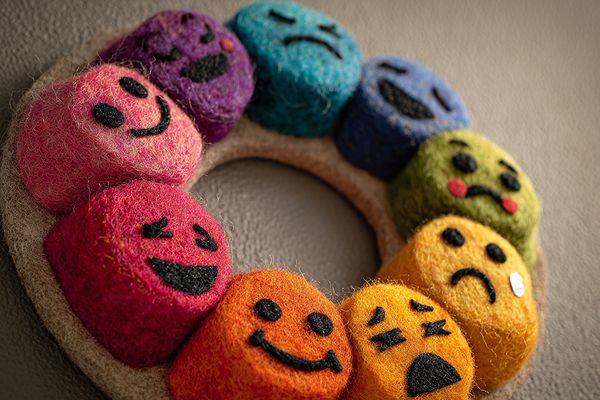Emotion Coaching Circle: From Theory to Practice

Instructor: Emily Dills
This course supports educators in developing and refining their emotion coaching skills through real classroom challenges. Each session combines theory, hands-on practice, and peer collaboration to help teachers respond to students’ emotions with empathy and effectiveness, fostering stronger classroom relationships and improving emotional regulation.
Course information
For teachers and support staff
Duration: 12 hours
4 sessions
Live peer-to-peer learning
The methodology
Teachers will learn in small groups of 2-5 colleagues, meeting once a week for 4 weeks. Sessions are 1.5 hours and can be in-person or online.
Course syllabus
Session 1: Foundations of Emotion Coaching
- • Learn the core principles and science behind emotion coaching
- • Reflect on personal emotional triggers and responses in the classroom
- • Observe and discuss real examples of effective emotion coaching
Session 2: Bringing Real Challenges to the Circle
- • Share and unpack a real emotional classroom situation
- • Practice coaching techniques through guided role-play
- • Identify key strategies to try out during the upcoming week
Session 3: Strategy in Action and Collaborative Problem-Solving
- • Report back on results from applying emotion coaching techniques
- • Engage in group reflection and brainstorm alternative approaches
- • Deepen understanding of student behavior through emotional lenses
Session 4: Sustaining Practice and Building Emotional Culture
The methodology
Teachers will learn in small groups of 2-5 colleagues, meeting once a week for 4 weeks. Sessions are 1.5 hours and can be in-person or online.

For teachers and support staff
Duration: 12 hours
4 sessions
Live peer-to-peer learning